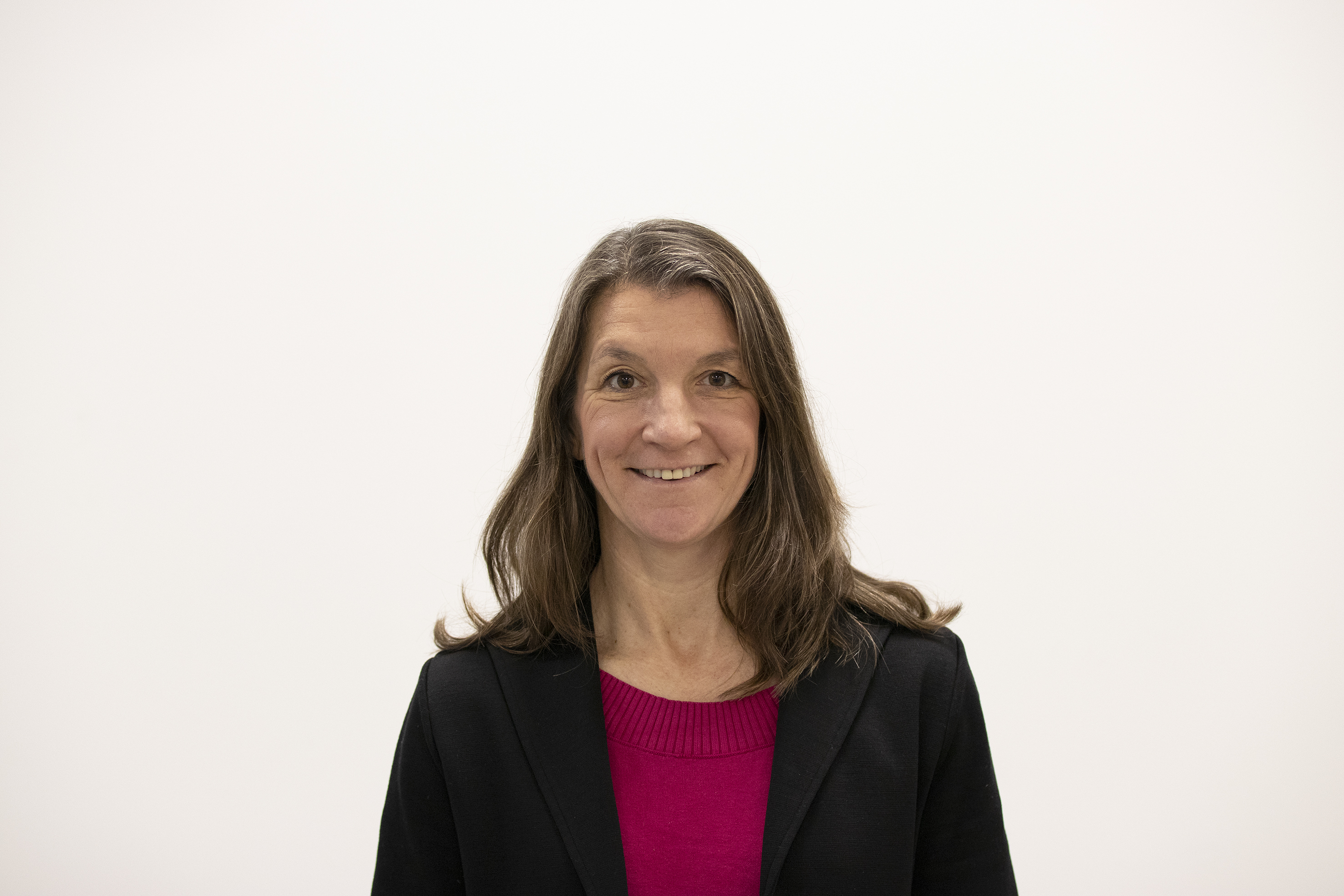NORCE has today been awarded the Research Centre for Petroleum (Petro Centre) Centre for Sustainable Subsurface Resources (CSSR), with UiB as its main partner.
- I would like to congratulate the research communities in NORCE and all our partners on being granted the Research Centre for Petroleum, says Kristin Wallevik, CEO of NORCE.
Minister of Petroleum and Energy, Marte Mjøs Persen, also congratulates the research communities in NORCE on the centre award:
- I would like to congratulate the communities in both Bergen and Stavanger on this important achievement. Research and technology development is central to ensure value creation, developing the industry in a sustainable direction, and making sure that expertise from the petroleum industry can be used in new industries. It will be exciting to follow the results from both centers in the years to come, says Persen.

